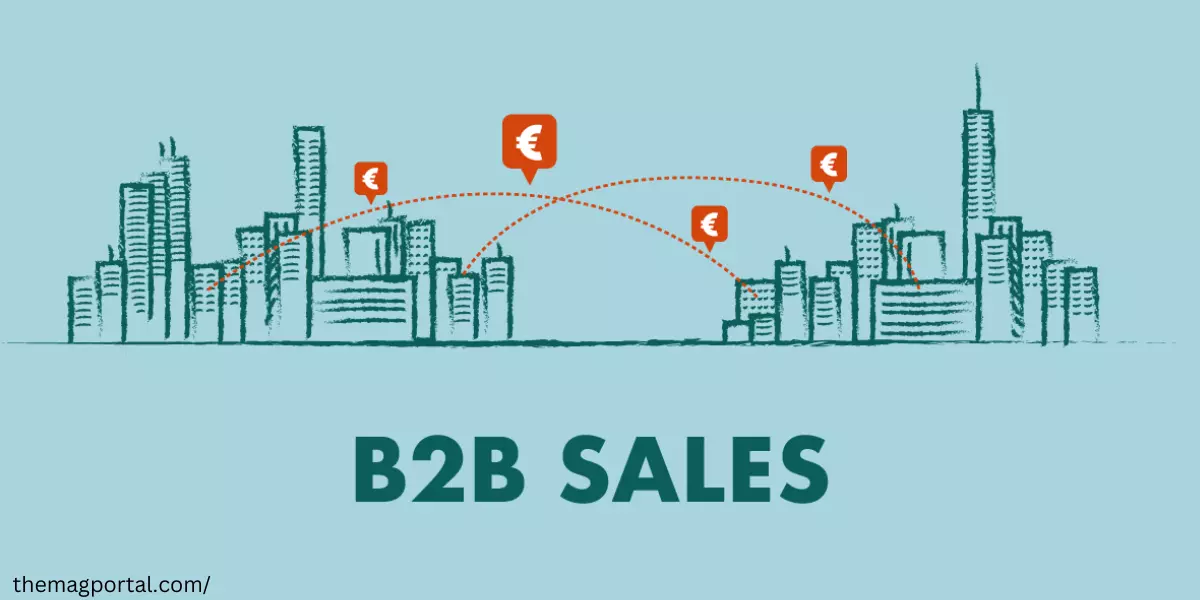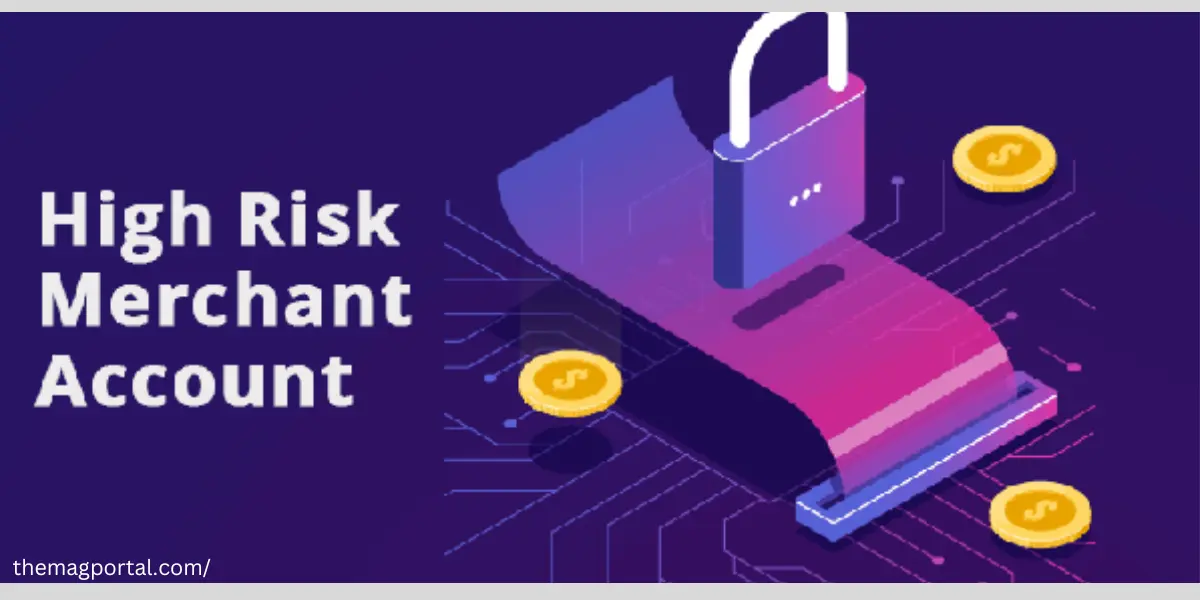Navigating the Ethical Landscape of B2B Sales: A Comprehensive Guide to Responsible Data Usage

In the dynamic realm of B2B sales, where success hinges on strategic data utilization, the ethical considerations surrounding data usage have become more critical than ever. This comprehensive guide delves into the intricate world of B2B sales, shedding light on the ethical dimensions of data usage, particularly in the context of B2B sales automation. Join us on this journey as we explore the ethical considerations, benefits, and best practices that define responsible data usage in B2B sales.
Definition of B2B Sales
Before we plunge into the ethical considerations, let’s establish a clear understanding of B2B sales. Unlike B2C sales, where businesses sell directly to individual consumers, B2B sales involve one business selling products or services to another business. The significance of B2B sales lies in fostering business growth and establishing enduring partnerships. By leveraging data to comprehend customer needs, businesses can offer tailored solutions, thereby enhancing customer satisfaction and unlocking revenue opportunities for both parties involved.
The Role of Data Usage in B2B Sales
Understanding the impact of data on B2B sales is paramount for businesses aiming for success in the contemporary market landscape. Data analytics provides valuable insights into customer behavior, preferences, and purchasing habits. This information empowers businesses to craft targeted marketing strategies, resulting in increased conversion rates. Moreover, the analysis of data enables businesses to understand their customers on a deeper level, facilitating personalized experiences that resonate with each client.
Key Ethical Considerations in B2B Data Usage
In the digital age, where businesses possess copious amounts of customer data, transparency is paramount. Informing customers about data collection practices establishes trust and fosters an honest relationship. Seeking explicit consent before using customer data for any purpose beyond the agreed-upon transaction is crucial. Providing customers with the option to opt out or control the sharing of specific information empowers them and reinforces their privacy rights.
Data Privacy and Security
Safeguarding customer data through robust security measures is not only a legal requirement but also an ethical imperative. Employing encryption, multi-factor verification, and regular system updates are essential to prevent cyber-attacks and unauthorized access. Staying abreast of privacy regulations and consistently updating privacy policies demonstrate a commitment to protecting customer information in an ever-evolving digital landscape.
Responsible Data Collection and Usage
Responsible data usage involves collecting only the necessary information for business operations. Concealing personal information through techniques like name anonymization or the use of secret codes adds an extra layer of protection. Granting access to data only to individuals with proper training and employing stringent security measures reinforces customer trust and loyalty.
Avoiding Unethical Practices: Spamming and Misuse of Data
Maintaining ethical standards in B2B sales requires a commitment to avoiding unethical practices, such as spamming or the misuse of data. Respecting privacy and adhering to permission-based data usage are crucial. Illegally obtained contact lists should never be bought or sold, as this not only violates the law but also undermines fairness and trust.
Benefits of Ethical Data Usage in B2B Sales
Ethical data usage in B2B sales contributes to building trust and a positive reputation. Clear communication about data collection practices and obtaining explicit consent from customers instills confidence and trust. Implementing robust security measures further reinforces a commitment to ethical practices, enhancing a business’s brand image.
Enhancing Customer Relationships
Ethical data usage enables businesses to send personalized and relevant messages to customers. By understanding customer preferences, businesses can provide valuable information, tips, and personalized recommendations, ultimately fostering long-term relationships. Respecting customer privacy and providing options to opt out ensures that businesses maintain the trust of their customer base.
Improving Sales Performance and ROI
Targeted B2B lead generation, facilitated by ethical data usage, is instrumental in improving sales performance and maximizing return on investment (ROI). Leveraging accurate and reliable data allows businesses to identify high-potential prospects and tailor their sales strategies accordingly. Analyzing data insights empowers businesses to customize messaging and solutions, ultimately reducing wasted resources and increasing the likelihood of success.
Best Practices for Ethical Data Usage in B2B Sales
Establishing strong rules for data collection, storage, and sharing is fundamental in B2B sales. Businesses should also formulate rules for maintaining data security and adherence to privacy laws. Clear and comprehensive rules, coupled with universal compliance, protect customer trust and showcase a commitment to ethical conduct.
Get Permission and Give Options
Respecting customer privacy necessitates seeking clear permission before collecting or using data beyond the primary transaction. Offering options for customers to opt out or control the use of specific information empowers them and reinforces their control over their data.
Ensuring Compliance with Data Protection Regulations
Make a Data Policy
Creating a comprehensive data policy that outlines how the organization will collect, store, and use customer data is crucial. The policy should cover all aspects of data handling, ensuring transparency and compliance with data protection regulations.
Protect Your Data
Utilizing encryption, firewalls, and regular software updates is vital in protecting customer data from unauthorized access or breaches. Robust data security measures should be a priority for businesses committed to ethical data usage.
Train Your Employees
Educating employees on responsible data handling practices is essential. Regular training ensures that employees are aware of privacy rules and do not mishandle confidential data.
Overview of Key Data Protection Regulations
Understanding and adhering to key data protection regulations is paramount for businesses engaged in B2B sales. The General Data Protection Regulation (GDPR), California Consumer Privacy Act (CCPA), and the Brazilian General Data Protection Law are examples of legislation that businesses must navigate to ensure compliance. These regulations establish rules for data gathering, handling, and storage, with penalties for non-compliance.
Conclusion
Navigating the ethical landscape of B2B sales requires a holistic approach that encompasses transparency, responsibility, and compliance with data protection regulations. By prioritizing ethical data usage, businesses not only build trust and reputation but also forge enduring customer relationships and elevate their sales performance. As the B2B landscape continues to evolve, a commitment to ethical conduct becomes a cornerstone for sustainable success.



